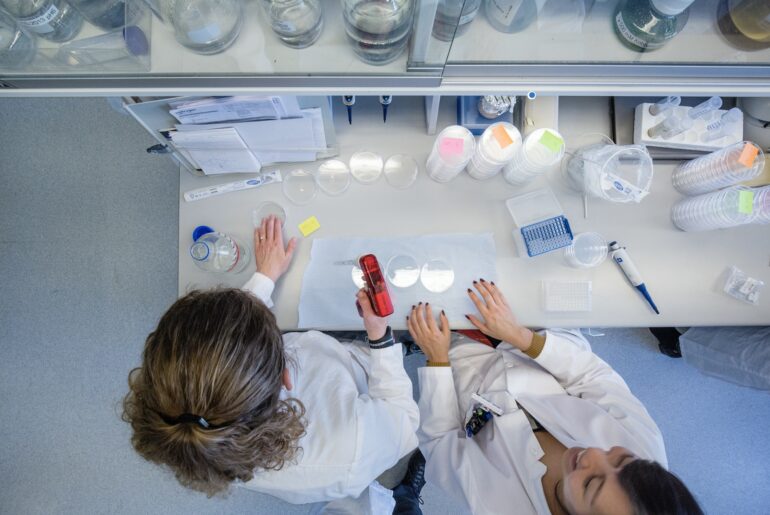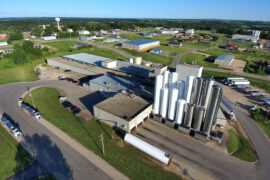Düsseldorf, Germany-based GEA, a supplier of processing equipment and turnkey systems to the food and beverage sector, is further expanding its position in the growing “New Food” market with one of the biggest orders in the company’s history.
Bagsvaerd, Denmark-headquartered Novozymes, the world’s largest supplier of enzyme and microbial technologies, has entrusted GEA with the turnkey fitting of a major new plant in Blair, Nebraska, USA that will produce plant-based proteins for the food industry.
The value of the order is well into the high double-digit million-euro range. Construction of the factory will start later this year and is expected to be completed by the end of 2023.
“The demand for foods that have a demonstrably lower environmental footprint than conventionally produced products is growing enormously,” said GEA CEO Stefan Klebert. “With our technologies and experience in scaling industrial applications, GEA is ideally positioned to serve the new food market and thus contribute to our corporate purpose of ‘engineering for a better world.’ We are pleased to partner with Novozymes in this strategic project.”

For decades, Novozymes has been developing fermented catalytic (i.e. industrially produced) proteins – enzymes – that are the basis for many industrial applications. Only recently, the company announced its intention to invest DKK 2 billion in the growth market for functional proteins (advanced protein solutions) for the food industry.
“This investment in a state-of-the-art production line in Nebraska underscores our commitment to feeding the world sustainably and demonstrating the true strength of biotechnology,” said Novozymes Chief Operating Officer and Executive Vice President Graziela Chaluppe dos Santos Malucelli.
The new plant covers the manufacturing steps from harvesting to separation of proteins. According to Heinz-Jürgen Kroner, senior vice president in the liquid technologies division of GEA, who is responsible for the company’s alternative foods business, both partners are united by their ability to build scalable, reliable, and highly efficient plant systems.
“This project is exceptional in many respects. The intensive bidding phase saw us planning the production lines for the ingredients less than a year later. We now aim to implement the project at the same pace. The partnership is a very rewarding experience.”
GEA will now construct the process systems, which include membrane filters, mixers, homogenizers, heat exchangers, pasteurizers and UHT units, cleaning and filling systems as well as the pump and valve technology. Installation will start mid-2022. The production capacity initially built can easily be expanded to multiply the capacity in the future as demand grows.






